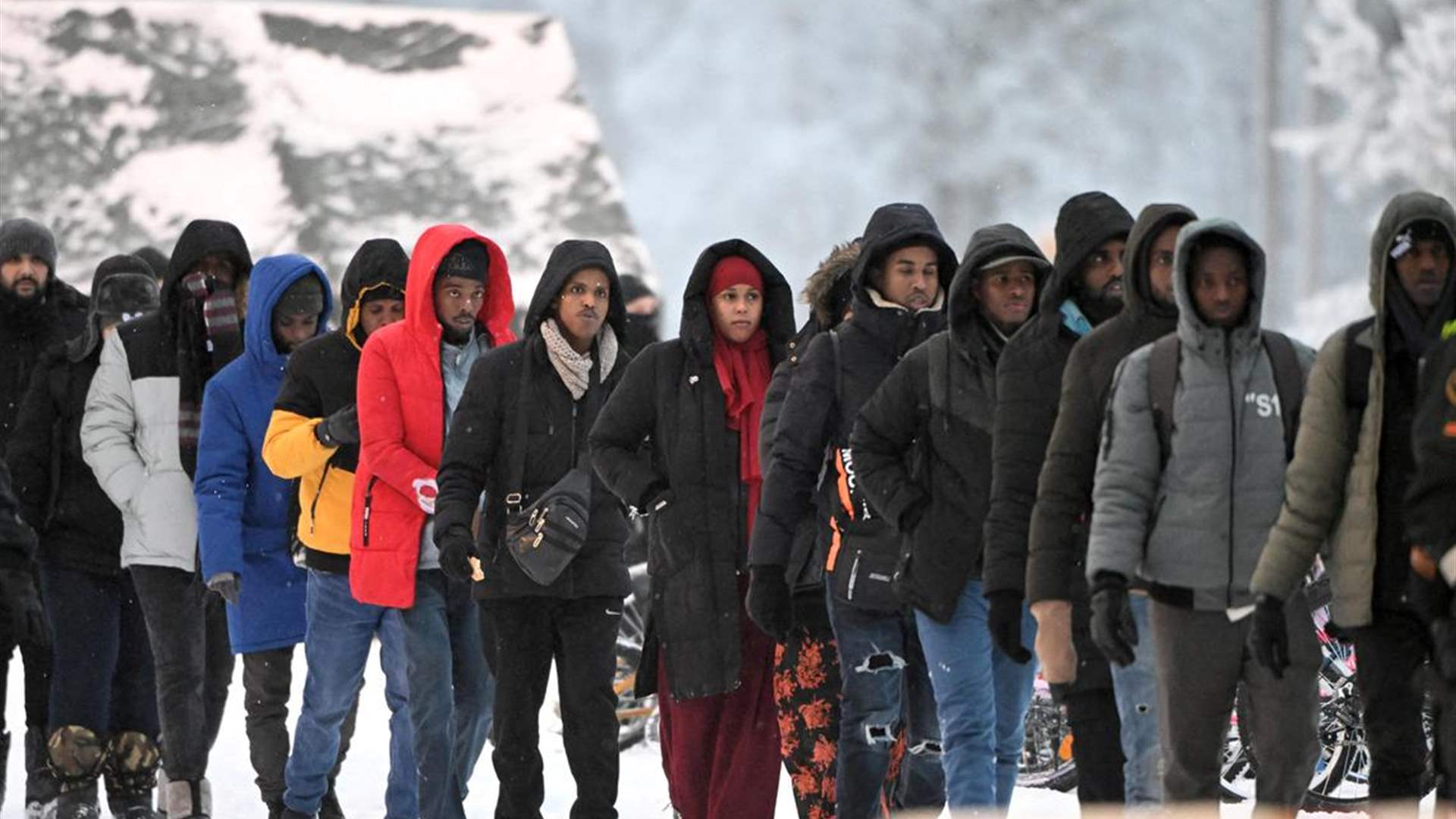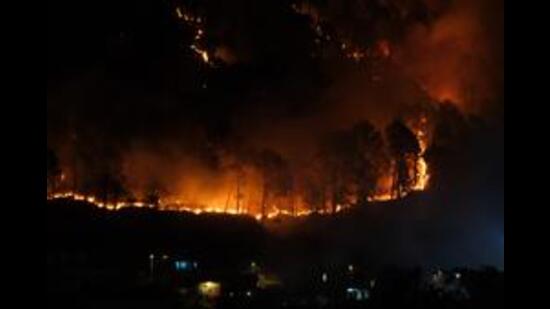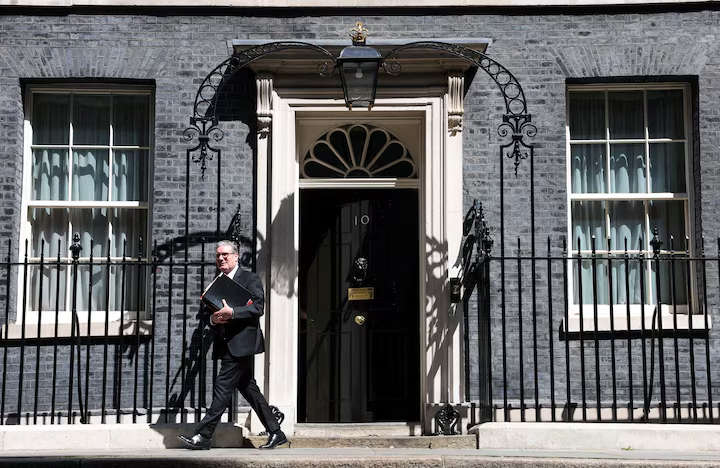Finland announced on Tuesday that it will extend the closure of its border with Russia to asylum seekers until further notice, citing continued concerns over national security and what it calls deliberate efforts by Moscow to facilitate irregular migration. The move prolongs a policy first introduced in late 2023 amid escalating tensions between the two countries.
Finnish Interior Minister Mari Rantanen said in a statement that the government had determined the conditions for reopening the border had not improved. “The threat of instrumentalized migration remains,” she declared, accusing Russian authorities of deliberately enabling third-country nationals to enter Finland without proper documentation in an effort to destabilize the country and the wider European Union.
The Finnish-Russian border, stretching over 1,300 kilometers, has traditionally been one of the EU’s external borders with relatively low levels of illegal migration. However, Finland claims that in recent months, a sharp and unusual increase in migrant crossings has taken place, particularly involving individuals from countries such as Syria, Somalia, and Afghanistan.
Authorities in Helsinki allege that Russian border guards have not only turned a blind eye but may be actively facilitating these crossings by allowing migrants to approach the border zone. Finland describes this as a form of hybrid warfare, aiming to exert political pressure on the EU and punish Finland for joining NATO in 2023.
In response to the security concerns, Finland closed all eight of its border crossings with Russia in November 2023. Though initially meant as a temporary measure, the closure has been extended multiple times. The current extension effectively keeps all land-based asylum applications via Russia suspended indefinitely.
Interior Minister Rantanen stressed that the ban targets only land crossings from Russia and does not prevent individuals from seeking asylum in Finland through other legal channels, such as air or sea entry. She added that Finland remains committed to international human rights obligations and the right to seek asylum, but emphasized that the government must also ensure public safety and border integrity.
The Finnish decision comes amid wider concerns across Europe about migration being used as a geopolitical tool. Similar accusations were made in 2021 when Belarus was accused of pushing migrants toward the Polish and Lithuanian borders in retaliation for EU sanctions.
The European Commission has expressed support for Finland’s position, acknowledging the country’s right to protect its borders under exceptional circumstances. “The instrumentalization of migrants is unacceptable,” an EU spokesperson stated, urging Russia to adhere to international norms and cooperate on border management.
Russia has denied all allegations of facilitating irregular migration. Kremlin spokesperson Dmitry Peskov rejected the accusations as “baseless” and politically motivated, saying Russia has no interest in escalating tensions with its neighbor.
Rights groups have voiced concern that the extended closure could violate the rights of genuine asylum seekers, particularly those fleeing conflict zones. Amnesty International called on Finland to ensure that vulnerable individuals are not left stranded in harsh conditions along the border.
Despite the criticisms, Finnish authorities say the measures are necessary to maintain national security and prevent potential exploitation of the asylum system. The government has not provided a timeline for reopening the border but indicated that it will continue to monitor the situation closely and adjust policies based on evolving threats.
As geopolitical strains between Finland and Russia continue, the indefinite extension of the asylum ban marks a significant escalation in the region’s border policy and reflects a broader European trend of tightening migration controls in response to perceived hybrid threats.
Source; LBC Group



